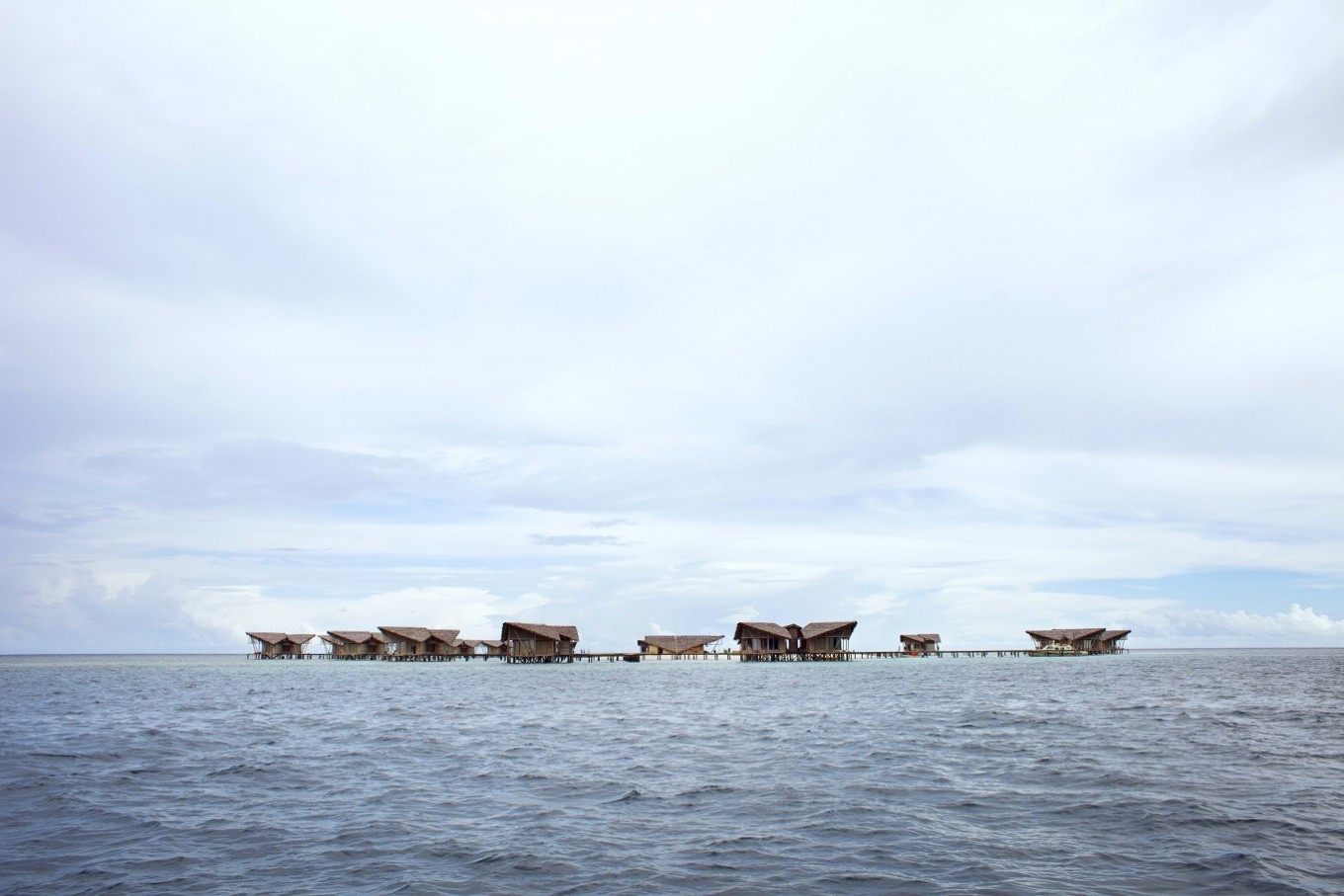Popular Reads
Top Results
Can't find what you're looking for?
View all search resultsPopular Reads
Top Results
Can't find what you're looking for?
View all search resultsTourism Minister motivates university students to start businesses in tourism industry
Tourism Minister Arief Yahya said that tourism is the most profitable, easiest and cheapest industry.
Change text size
Gift Premium Articles
to Anyone
T
ourism Minister Arief Yahya recently attended Ramadan Inspiration (Irama) interactive discussion at Salman Mosque, Bandung Institute of Technology (ITB) on Friday, June 9.
At the event that was attended by 200 people, Yahya said that tourism is the most profitable, easiest and cheapest industry. There are three potential tourism industries in Indonesia: Culture, nature and creative.
The minister also encouraged youngsters to start businesses in the tourism sector considering the fact that the government aims to make tourism the nation’s leading sector, “Tourism has the highest foreign exchange contribution for the country,” he said.
An alumnus of ITB himself, Yahya encouraged youngsters and students to combine their majors with the tourism potential around them.
Read also: The Studio: Sustainable design in Lombok
“If there are any architect or civil engineering majors in here, you can combine both property and tourism, that’s the most profitable,” said Yahya.
Although profits from a tourism business can take time to be earn, if it's combined and developed, the result will be significant. Yahya mentioned the profit rate is between 10 to 15 percent.
“For example, if you own 100-hectares of land and if 10 hectares is devoted to tourism, that will be the operational return. But then the profit from the increased value of the rest of the 90 hectares will be multiplied and this is what we call a non-operational return,” Yahya explained. (asw)








